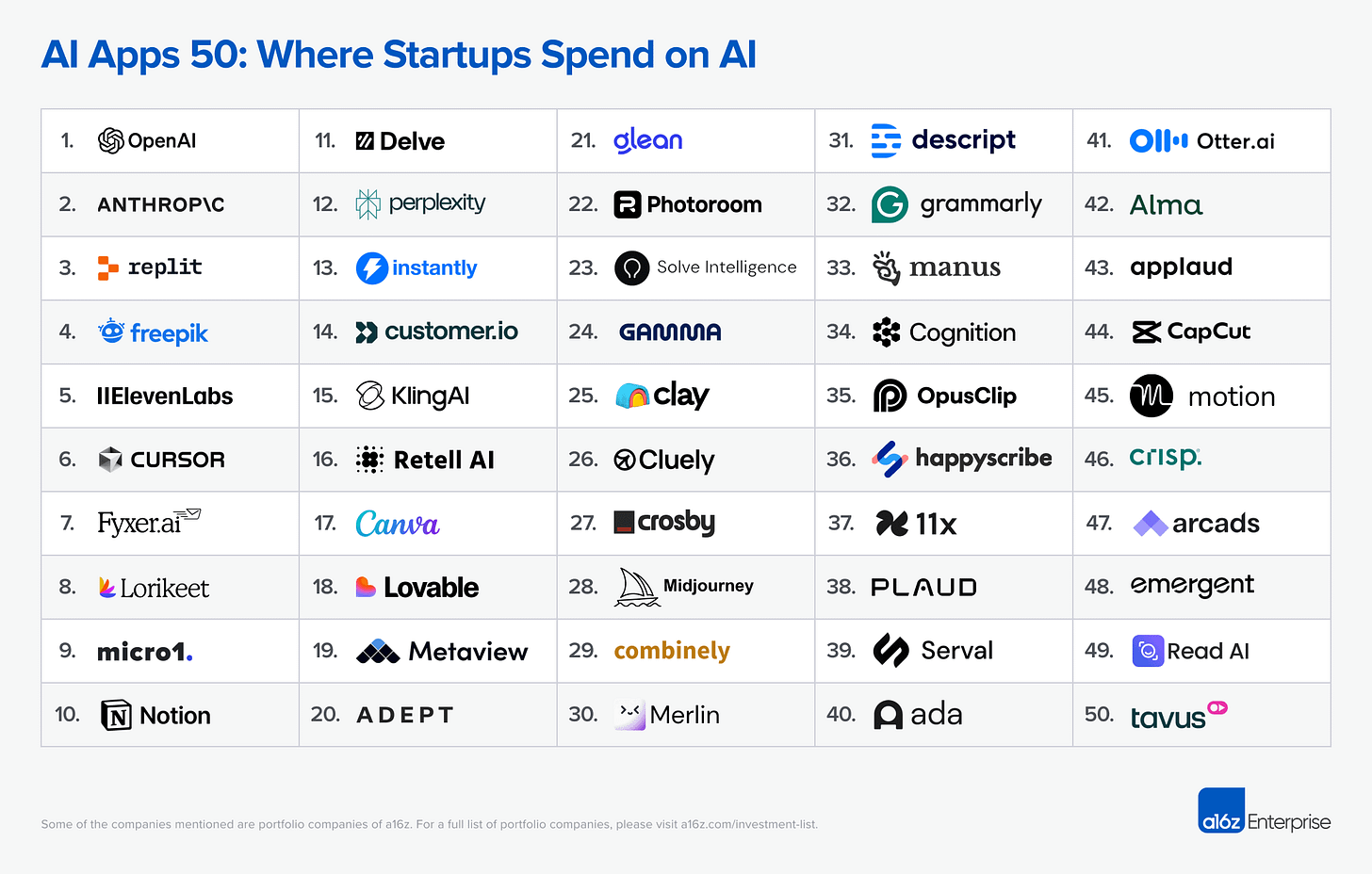Protecting the secret police from citizens
Also: Why chip diplomacy is easier touted than achieved
Welcome to Cautious Optimism, a newsletter on tech, business and power.
Friday. It’s the fourth quarter, temperatures and leaves are falling in sync, and we’re somehow at the final stretch of the year. If you have finished appreciating the latest from Lorna Shore and Between The Buried And Me, you’ll be glad to know Taylor’s new album is out. We’re dancing along as we get to work today.
Before we get started, a tidbit: Yesterday, we noted that OpenAI wrapped its tender offer at a $500 billion valuation, but I later found out that the deal was smaller than it could have been. Not because demand was less than intense, however; instead, employees didn’t offer up enough shares to fill out the $10.3 billion worth of authorized transactions. I suppose that’s about as big a compliment as staff can pay their corporate parent. To work! — Alex
📈 Trending Up: Groq, which wants to build even more data centers … political consequences? … IBM … AI images … AI ERP … AI-first browsers … drone disruptions … drone collisions … China-India relations
IPOs in India: Urban Company is soaring after listing (IPO filing, the company is a gig-economy affair), and PhysicsWallah is up next (IPO filing, the company operates an edtech service).
📉 Trending Down: Time spent on social media? … labor data … Amazon’s internal tools … deleveraging tech spend … US GDP … free speech … Musk in India (context) …
Things That Matter
The secret police will remain secret: After the Trump Administration “raised concerns with the big tech giant” that the iPhone app ICEBlock was putting its agents at risk, Apple has pulled the app along with others like it. AG Pam Bondi was clear that she was behind the removal, telling Fox News that she “reached out to Apple today demanding they remove the ICEBlock app from their App Store — and Apple did so.”
Pretty cool to see the folks using military helicopters to round up citizens along with allegedly illegal immigrants are getting both the government and corporates to cover for their work.
In happier news, Hacker News wags point out that “Everything in the ICE tracking apps can be done as a web page. Good luck to MAGA trying to stop this, but the ugliness of ICE tactics will inspire a lot of people to build some very good technology to stop it.”
Chip diplomacy is hard: A major deal over Nvidia chips was supposed to see the United Arab Emirates invest in the United States, but the entire agreement appears to be foundering in a bureaucratic morass. Publicly, the principal players are brave-facing their private annoyances about the lack of progress. The UAE is also a partner in the Trump family’s crypto dealings, and is helping finance the TikTok take-private.
Speaking of which: Oracle CTO Larry Ellison’s participation in the TikTok deal is hardly the only bid for media influence from the family of the world’s second-richest man. The Free Press-CBS deal, expected to be announced on Monday, will see the head of the smaller publication, Bari Weiss, taking the reins of the broadcast giant. She’ll report to Ellison’s son, who has worked to ensure that his company smooths administration feathers (see here and here). He is also working to buy the company that owns CNN. I wonder if that deal will get approved.
It’s not rare to see issues cropping up around marquee deals under the current administration. Recall this bit of turbulence between the United States and Japan? Or differing views about pledged investments from South Korea? Consider this a reminder to check the execution of all blue-ribbon press releases from the White House.
What are people buying? The folks over at a16z teamed up with Mercury, a popular banking service in Silicon Valley, to sort through the spending patterns of 200,000 firms to sniff out the “top 50 AI-native application layer companies.”
Here’s the list:
The surprises start at fourth place: Freepik ranks far higher than I anticipated. Fyxer.ai is also a surprise, and I have to admit that I have never heard of Lorikeet. I love datasets like this: they help you find your own blind spots.

